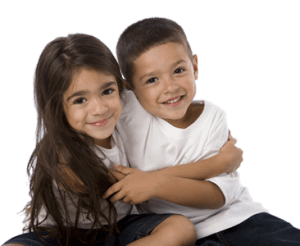Answers To Divorced Parents Questions Ab...
By Rosalind Sedacca, CDC What makes the holiday season so challenging for parents considering divorce, moving through the process or transitioning after divorce? Memories of the past. So many difficult emotions come up. It’s frightening to think of what lies ahead when a marriage breaks apart. It’s hard to face the differences in our life, especially all the unknowns looming ahead. For many, there’s a the challenge of facing lonliness versus being alone and content. Be aware of what you are telling yourself. Expectations set us up for disappointment. When we focus on the past and make comparisons, that’s when we feel the pain and sadness more acutely. Feeling powerless adds to the pain and frustration. How does your mindset, beliefs and expectations impact your holiday experience? Our attitude influences how we handle any challenge. We need to understand that change is natural in life. Accepting change is essential for











